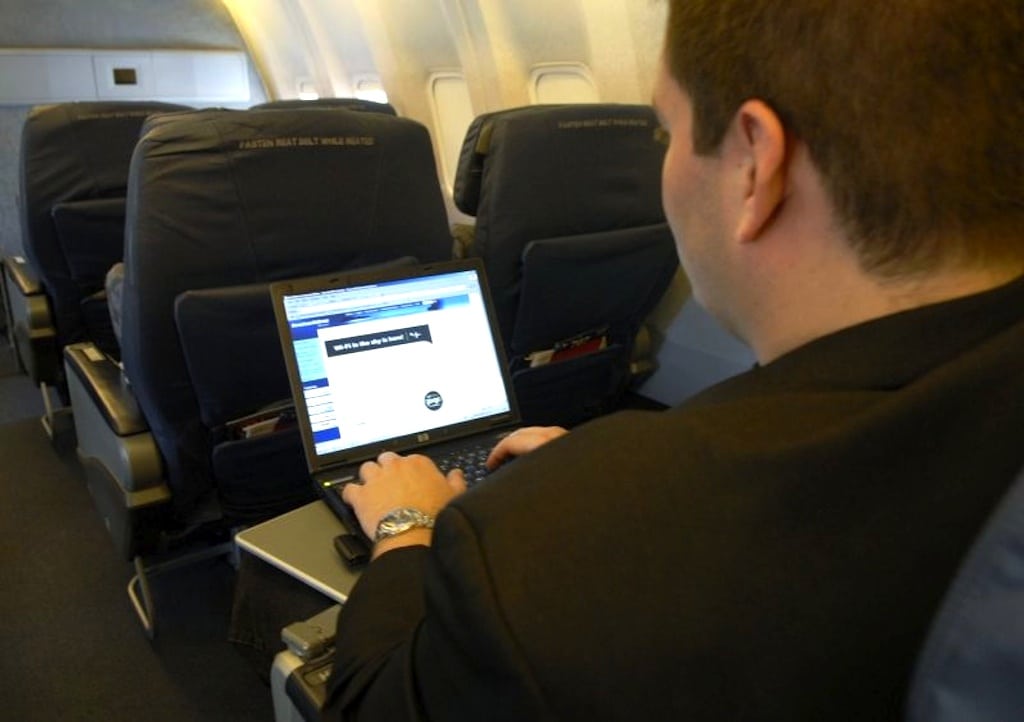Skift Take
While Gogo has a strong hold on inflight Wi-Fi among many U.S. airlines, there certainly appears to be plenty of competition.
Gogo is alleging it faces intense competition from competitors with Southwest and JetBlue contracts, and asked a judge to dismiss a class-action lawsuit charging that Gogo has an in-flight Wi-Fi monopoly and can dictate prices.
Citing Southwest’s contract with Row 44 and JetBlue’s agreement with ViaSat, both satellite-based Wi-Fi providers, as well as competition from Panasonic Avionics, Thales, and OnAir, Gogo claimed in the U.S. District Court of Northern California that the in-flight Wi-Fi market is wide open.
“These admissions [from the plaintiffs] show that the new market for inflight Internet service is dynamic and competitive, and that Gogo has neither foreclosed competition nor excluded competitors, and does not have the monopoly power to control the market,” Gogo’s dismissal motion states. “On this basis alone, Plaintiff’s complaint should be dismissed.”
Gogo noted that at the end of 2010, only 16% of commercial aircraft in North America and 6% worldwide were equipped with inflight Internet, and that in fact competition has forced it to upgrade its ATG (air to ground) system and to developed a satellite system, as well.
Gogo currently powers inflight Internet for all AirTran Airways and Virgin America domestic flights, and on select flights for Air Canada, Alaska Airlines, American Airlines, Delta Air Lines, Frontier Airlines, United Airlines and US Airways.
Amercan Airlines announced yesterday that it will start offering international Wi-Fi on the inaugural flight of its Boeing 777-300ER on January 31, 2013, but it hasn’t revealed who the provider is yet.
A plaintiff, James Stewart, filed a lawsuit on October 12 alleging Gogo has exclusive contracts with airlines and wields monopoly power to control inflight Internet pricing. The suit seeks class-action status.
Gogo argues that the lawsuit fails to prove that it controls the emerging inflight Wi-Fi market and should be dismissed.
The Daily Newsletter
Our daily coverage of the global travel industry. Written by editors and analysts from across Skift’s brands.
Have a confidential tip for Skift? Get in touch
Tags: gogo, in-flight, lawsuits, wi-fi
Photo credit: Passenger using Gogo inflight Internet on his laptop. Gogo
